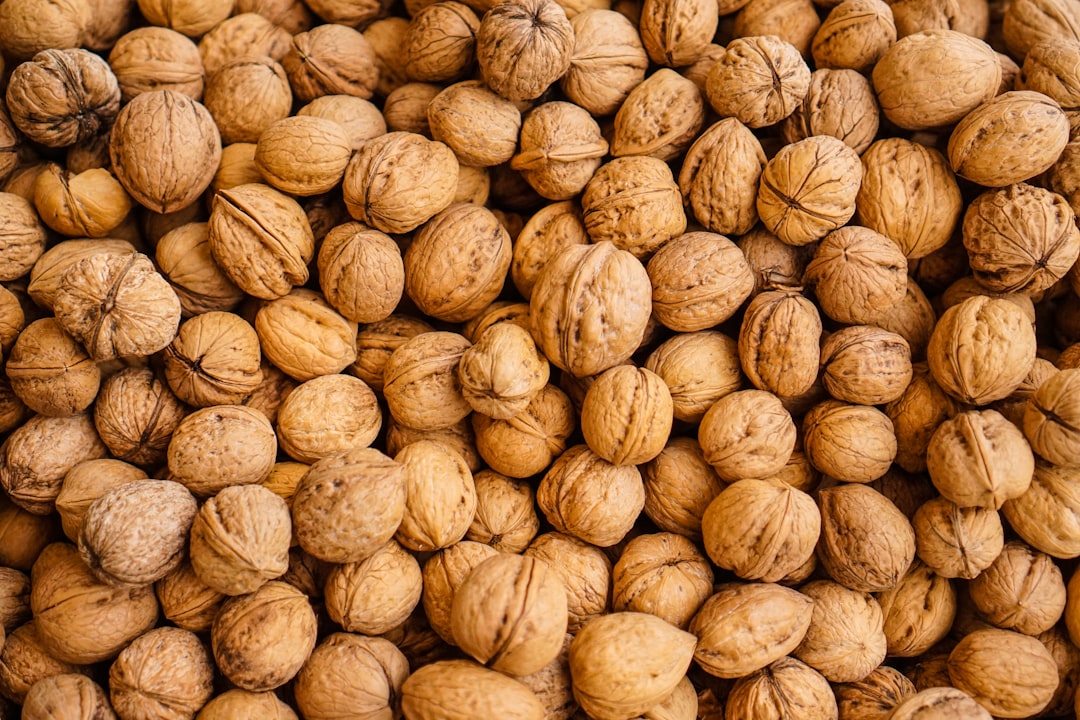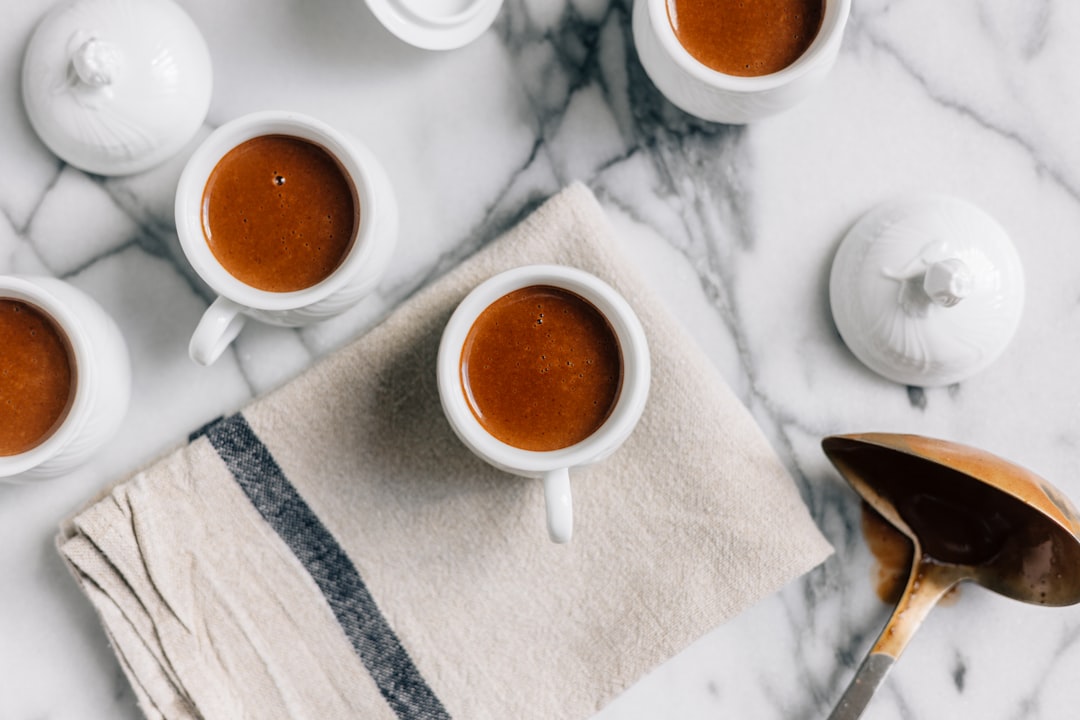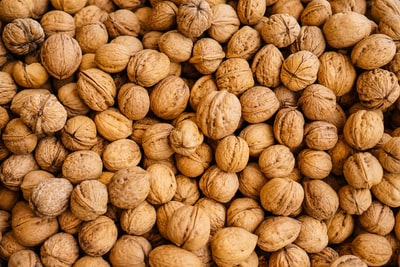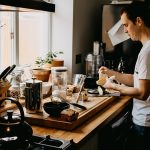Kevin: Let’s go through this question a little bit. Okay so let’s go through this question and I’ll try to answer it truthfully. Okay so what’s the question?
Joel: From a nobody to a total beginner here.

Kevin: From a nobody who cooks bottom up, like, completely.
Joel: Yeah, pretty much. Almost nothing.
Kevin: Yeah. What’s that all about?
Joel: Well, it’s just sort of like a no obligation, you know, unless you’re like completely raw or you’re like just making little changes and gradually easing into it. The easier you can go is when you’re just making a couple of little changes and you’re only cooking maybe twice a week or something like that, rather than going to like five meals a day. So there’s benefits to that. But the more you look at it, the more you realize it could be for you.
Kevin: So give yourself time, put it off, make it a little bit of a gradual change.
Joel: Okay, okay. Yeah, I think it is important to just sort of —
Kevin: vested in your long term health.
Joel: Yes. Certainly right now I think it’s important to just sort of —
Kevin:Getting into it more often.
Joel:Yeah. It’s definitely important to get into a routine of like, you know, small changes. I think it’s important to just sort of use like a longer list of like deli meats and cheeses and things like that rather than just kind of like the same favorites, you know, deli meats and cheeses. I think that’s a good way to go, personally. Putting a lettuce leaf down. It’s just kind of like a more nutritious version of the sandwich. You know what I mean.
Kevin: Yes.
Joel: And then the big thing is like, you know, it’s a super important thing, I think, is getting into raw foods. And you can find all these benefits just from using raw foods. You don’t need preservatives. You don’t need anything.
Kevin: Yes. What do you think needs to be in your diet to kind of stop eating so much salt and sugar and things like that? What are some of the things that you found that work for you?
Joel: Well, one of the biggest things is, is like the use of herbs. And I think in today’s world, using herbs is a really good idea. It’s sort of like a mini-relentoscope and you can look through a chia seed and get some of the nutrients that you need and it’s like an energy booster and it’s just going to make you feel better and it’s going to help you lose weight. You don’t need it to lose weight. You just need something to help you out and herbs are the way to do that.
Kevin: Yes. What’s a quick, quick thing that you can take with you?
Joel: Well, almond is a good one. It’s nuts are a little heavy, but they are good if you need something to hold your head up high. Yeah. Can be used like —
Kevin: Yeah.
Joel: and like I said, it’s like one of those things where you just throw something in and it’s like fertilizer to your soil and your plants and it makes like a natural product. And some of the nuts are goodoil. You can make like an olive oil and there are some of them that are incredible. And the green stuff, you can make it into like a butteroil and it’s great for like, when you’re traveling or if you’re going to have a green mood.
Kevin: Alright. What’s the best thing to pack your cooler?
Joel: Well, sprouts is probably the easiest thing. Because they’re just like little cob webs. They keep on dusting themselves. And then the other thing is seaweed is good too. It’s a protein. It’s high in protein. It’s great for your hormones. It’s the best thing. I like to use the seaweed, actually I think it’s the supreme protein. It has everything that a human being needs.
Kevin: Yes.
Joel: And then the greens, I almost never use them. I mean I use them sparingly. But I think about what I was thinking about with the food, trying to make it as nourishing as it can be. And sometimes that’s more important than feeding myself or feeding my family well. But I’ll use them if I need to. yeah.
Kevin: Let’s see. Is it better than store-bought, regular condensed milk?



